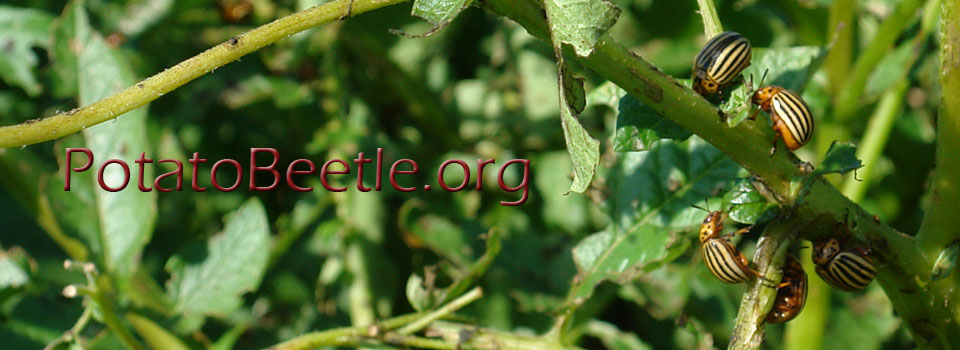Ahmed HAA, Onarıcı S, Bakhsh A, et al. Plant Biotechnology Reports. 2017;11(5):315-329. doi: 10.1007/s11816-017-0453-8.
The expression of insecticidal genes must be induced at appropriate time and in sufficient amount to confer protection against targeted pests. However, the increased scientific reports of resistance development in insect pest against insecticidal delta-endotoxins, produced by Bacillus thuringiensis, provide impetus for the development of alternative insect management strategies. The present study was conducted to investigate the importance of targeted expression of a hybrid insecticidal gene (SN19) in potatoes. For this purpose, two plant expression vectors were constructed by cloning hybrid SN19 gene (cry1Ba-domain I-III and cry1Ia-domain II) under the control of a wound-inducible promoter isolated from Asparagus officinalis (AoPR1) and CaMV 35S promoter, and were transferred to Agrobacterium tumefaciens strain EHA 105. Four potato genotypes (Marabel, Innovator, Tokat 10/1 and Tokat 6/24) were transformed with EHA 105 strain harboring pTF101.1 35S-SN19 and pTF101.1 AoPR1-SN19 constructs. Phosphinothricin (PPT) was used at concentration of 1 mg/l for selection of primary transformants. PCR results showed the presence of both introduced SN19 and bar genes in 43 plants out of total 154 putative transgenics. Expression of SN19 protein in primary transformants was confirmed by Western blot assays. The mechanical wounding of transgenic plants exhibited more accumulated levels of SN19 proteins during post wounding period. Leaf biotoxicity assays with Colorado potato beetle (Coleoptera) and tomato leafminer (Lepidoptera) exhibited 100% mortality of the pests in primary transformants. Based on our mortality results with both constructs, we concluded that the potato transgenic lines exhibited targeted expression of insecticidal gene under the control of AoPR1 promoter upon insect wounding with eliminated toxicity of Cry protein and hence can be further used effectively in potato breeding programme.
